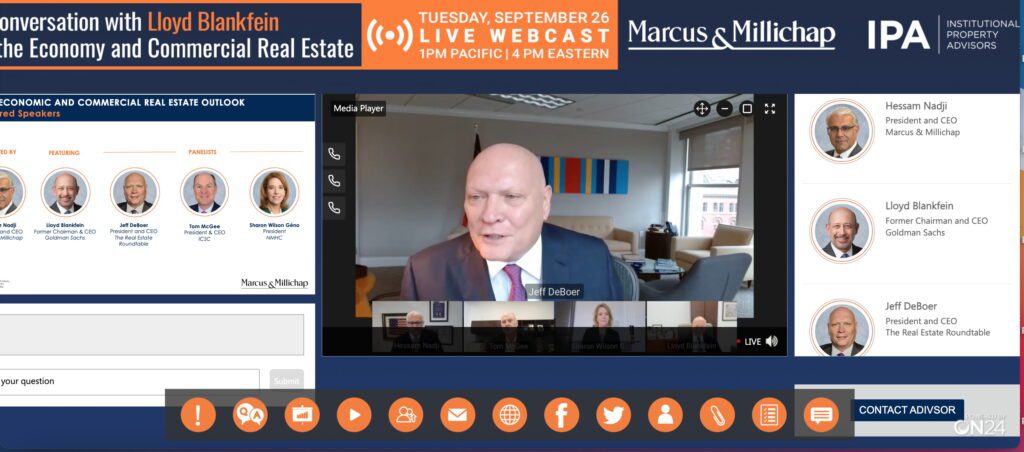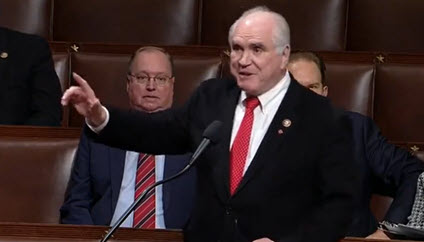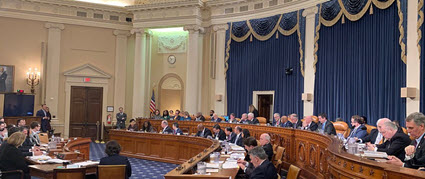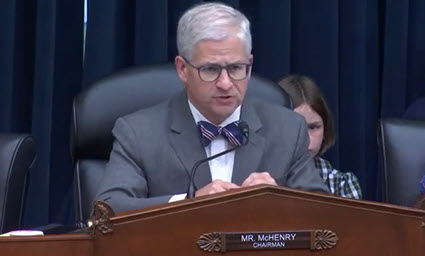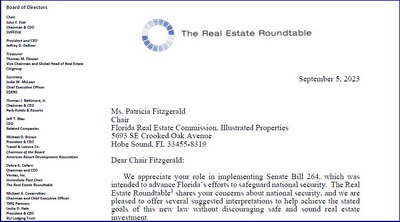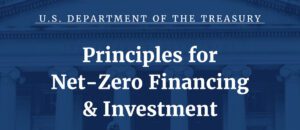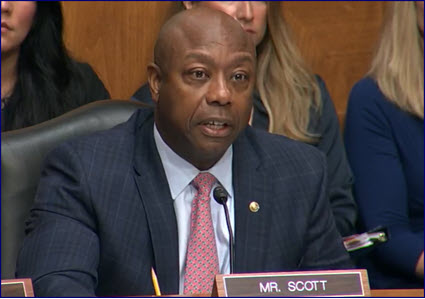
A partial government shutdown looks likely to begin after midnight on Sept. 30 as House and Senate policymakers pursue different short-term funding bills amid hardened resistance from conservative Representatives to pass any continuing resolution (CR) without certain concessions. (The Hill’s live updates and ABC News Sept. 29)
Lapse in Program Funding
- A lapse in funding could impact the industry by suspending the National Flood Insurance Program (NFIP), the Securities and Exchange Commission’s (SEC) rulemaking on climate disclosure, and the Treasury Department’s expected guidance on the energy efficient commercial buildings deduction under section 179D. (New York Times, Sept. 28 – “Government Shutdown May Hurt Home Sales in Flood-Prone Areas”)
- Additionally, Senior White House Adviser John Podesta on Sept. 26 said a shutdown would delay billions to implement the Inflation Reduction Act, including Treasury guidance on how to distribute the measure’s tax credits. (Bloomberg, Sept. 26 | Roundtable Clean Energy Tax Incentives Fact Sheet, July 31 | Roundtable Weekly, July 28)
Shutdown Uncertainty

- Government agencies are preparing to furlough employees for an uncertain amount of time. The most recent shutdown lasted 34 days from December 2018 to January 2019, and cost the economy approximately $3 billion (equal to 0.02% of GDP) according to the Congressional Budget Office. (Government Executive, Sept. 29 and Reuters, Sept. 25)
- The shutdown would also come amidst a flurry of regulatory rulemakings impacting commercial real estate capital markets. During a House Financial Services Committee hearing on Sept. 27, Rep. Andy Barr (R-KT) questioned SEC Chairman Gary Gensler (above) on the “perfect storm of regulations” that could further impair liquidity for commercial real estate capital markets. (Watch 1:27 video clip of the exchange | Committee Hearing Memorandum, Sept. 22)
The Roundtable’s Fall Meeting on Oct. 16-17 (Roundtable-level members only) will address numerous regulatory proposals impacting CRE, and assess the state of the economy and capital markets in the wake of a potential shutdown.
# # #

